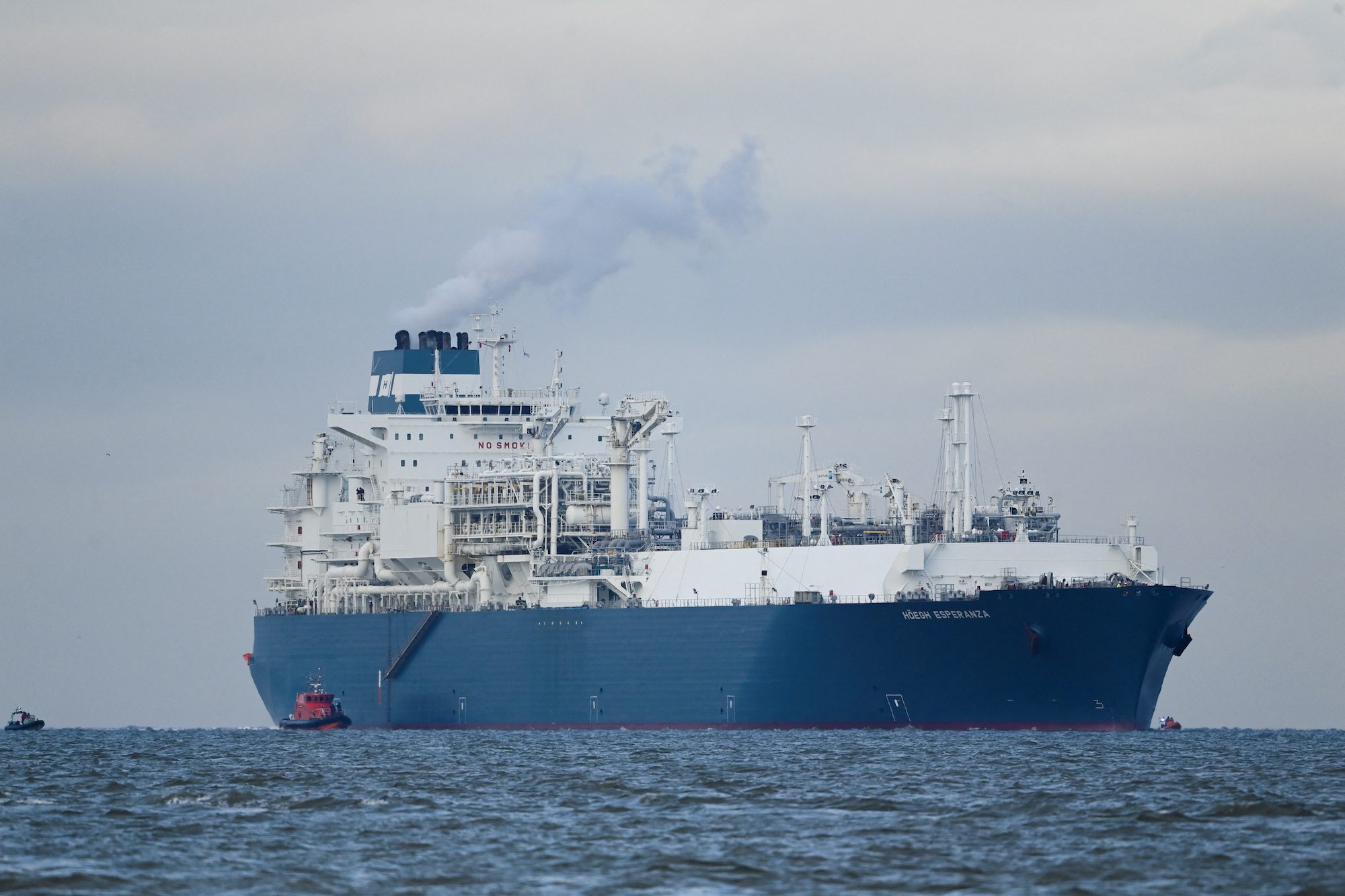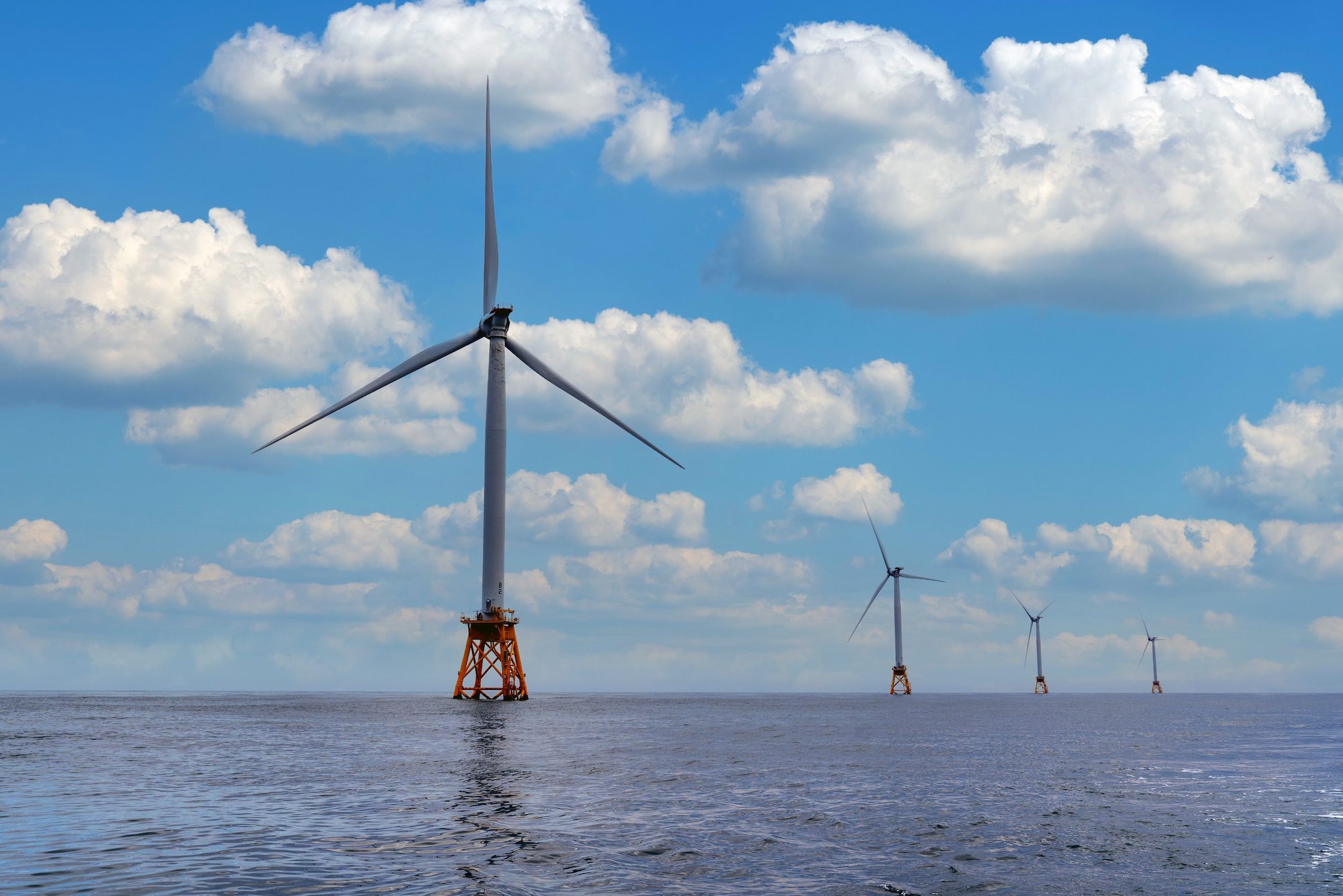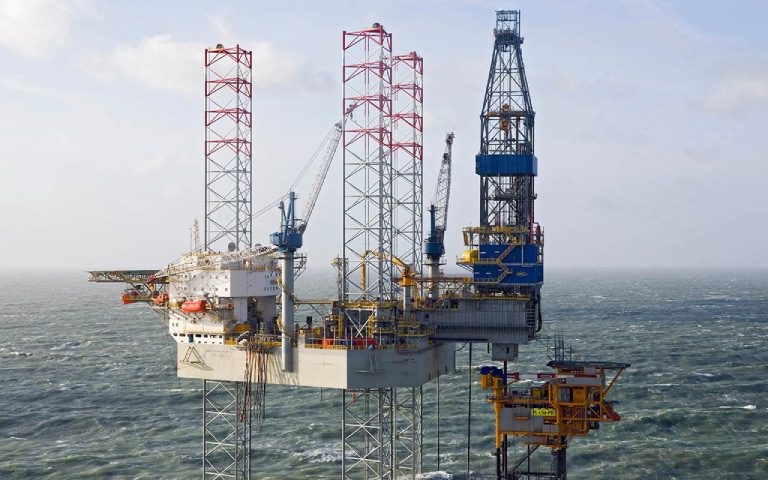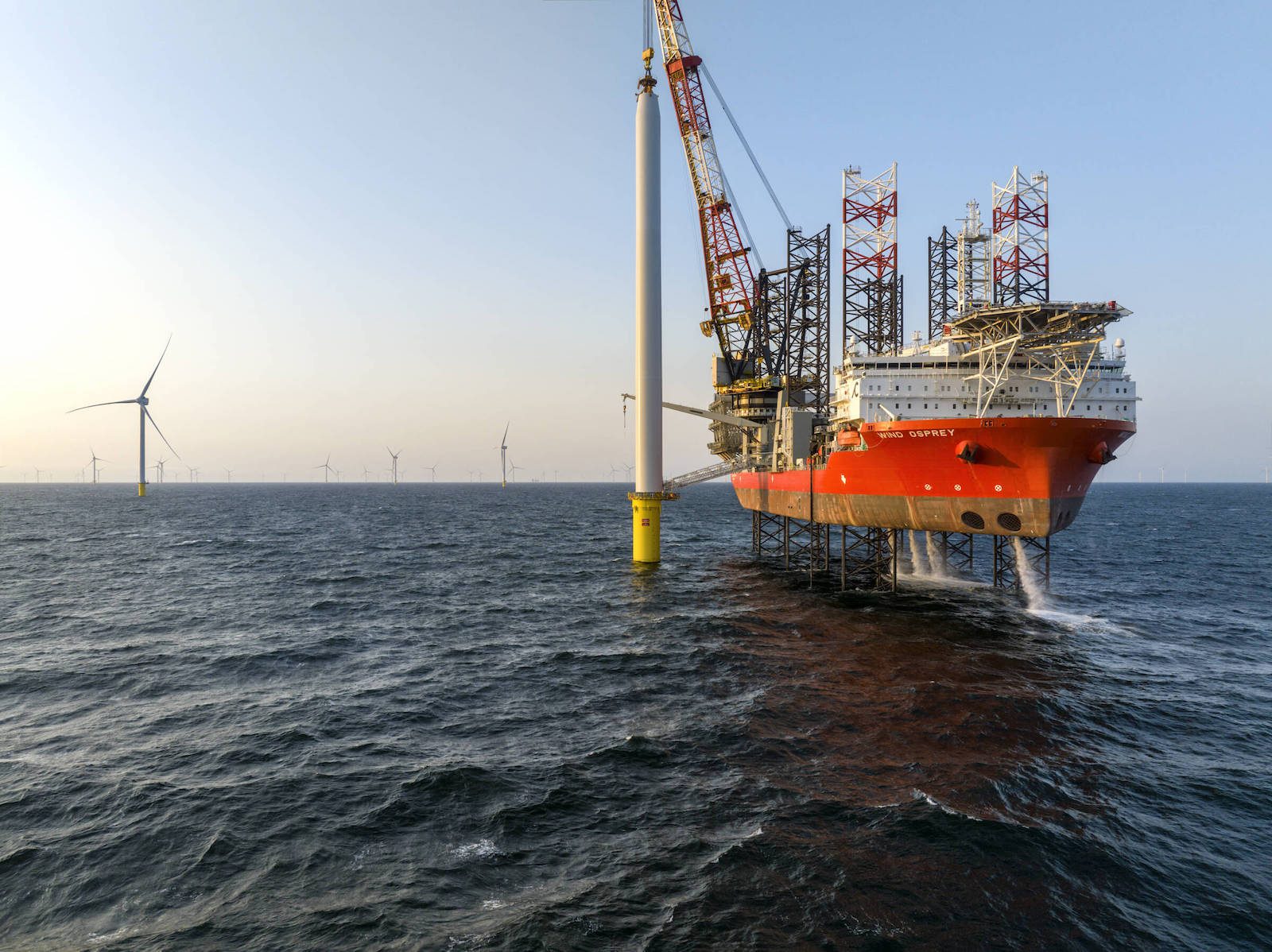By Petra Sorge, Vanessa Dezem and Michael Nienaber (Bloomberg) — Germany’s first liquefied natural gas terminal arrived on the country’s north coast, the first of several specialist tankers Berlin is counting on to ease its energy crisis.
The Hoegh Esperanza, a floating storage and regasification unit, or FSRU, moored at Wilhelmshaven Thursday, ahead of an opening ceremony Saturday to be attended by Chancellor Olaf Scholz and Economy Minister Robert Habeck. The laden vessel is expected to start unloading its cargo next week, and its future role will be to receive LNG from seagoing vessels to pump into Germany’s onshore network.
“We are now looking forward to delivering the first regular LNG cargo in early January,” said Peter Abdo, chief commercial officer for LNG and global origination at utility Uniper SE, which will operate the FSRU. “This is the next step in actively supporting the German government and security of supply for Germany.”
The ship’s arrival during northwest Europe’s first major cold snap this winter highlights the need for new gas supplies after Russia slashed deliveries in retaliation for the continent’s support for Ukraine. The resulting jump in energy prices has pushed economies to the brink of recession, forcing governments to fast-track the use of the floating terminals.
The German government has chartered five FSRUs at a cost of about €9.7 billion ($10 billion), according to the Economy Ministry, which is well above the initial budget for the floating facilities.
A private terminal in the port of Lubmin and a state-rented facility in Brunsbuettel will be the next to open this winter, according to a ministry document seen by Bloomberg News.
The five vessels will be able to cover about one-third of Germany’s current gas demand, according to government estimates. The extra gas will be essential to prevent Germany’s stocks from depleting quickly amid freezing temperatures that are already driving demand for heating. Hoegh Esperanza alone can help replace about 11% of Germany’s gas imports from Russia, Uniper said.
The terminals will also help supply other European nations, especially to the east, which are vulnerable to reduced pipeline gas flows from Russia, according to the ministry document. They will also help ease congestion at other European ports swamped by a record wave of LNG imports.
Quick Fix
FSRUs are typically moored permanently near shore. An arriving carrier then transfers LNG to the unit, which stores and turns the cargo into high-pressure gas. The vessels tend to be faster, cheaper and more environmentally-friendly to develop compared to an onshore installation, though their capacity is much lower.
At the same time, investing in LNG is still controversial in Germany as the country has pledged to become climate neutral by 2045. Environmental groups say the rush to end Russian gas dependency could end up locking the country into fossil fuels for longer than necessary.
The government rented the Hoegh Esperanza vessel for 10 years, FSRU provider Hoegh LNG Holdings Ltd. said in a statement. Another of the company’s ships, the Hoegh Gannet, will be set up in Brunsbuettel in January, the ministry said.
The FSRUs in Brunsbuettel and Wilhelmshaven will initially be operated by RWE AG and Uniper, respectively, via a federal service agreement. In the longer term, the operation of the facilities will be coordinated by a new operating company called Deutsche Energy Terminal GmbH.
Under an accord signed with the government on August, RWE, Uniper, together with EnBW Energie Baden-Wuerttemberg AG and VNG AG will be responsible for the temporary supply to the two terminals.
–With assistance from Anna Shiryaevskaya.
© 2022 Bloomberg L.P.

 Join The Club
Join The Club











